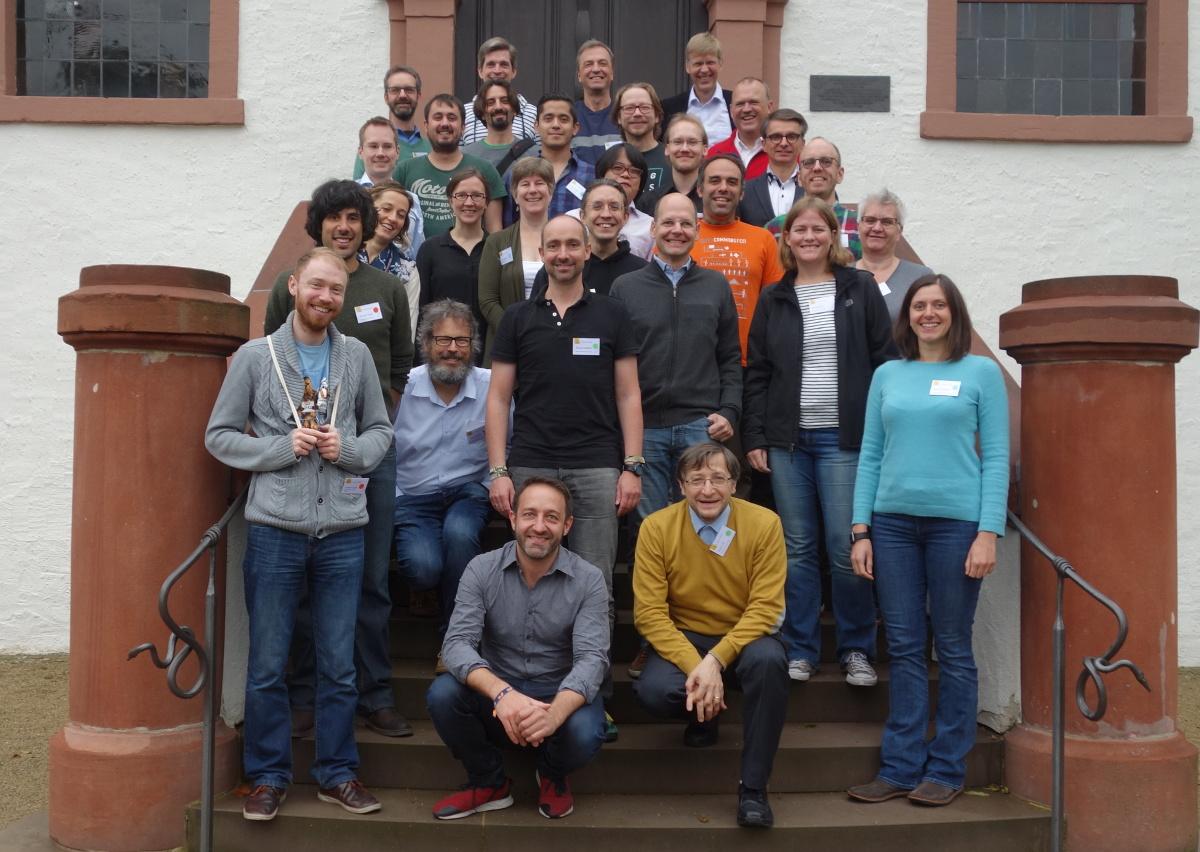The Internet of People Dagstuhl Seminar

Dagstuhl Seminars are international meetings for researchers and scientists that meet in an informal way to share their vision on a specific research theme, and open the way to new research fields. As the Schloss Dagstuhl website reports a seminar "is organized by at most four organizers, established leaders in their field, representing the different communities invited to the Seminar, preferably from different institutions. Dagstuhl invites on their behalf about 35 to 45 researchers of international standing from academia and industry, among them promising young researchers. Most seminars discuss an established field within computer science. However, Dagstuhl Seminars are also known for establishing new directions by bringing together separate fields or even scientific disciplines."
The seminar on the Internet of People came after the workshop realized in Vienna during the IFIP Networking conference in 2016, and was meant to be the place where to discuss how the Internet should change from a network of devices and IP addresses to a network of people, in which human beings play a central role. Two researchers from the netCommons project were invited to this seminar, Leonardo Maccari (UniTn) and Panayotis Antoniadis (NetHood), thanks to their visibility in the field.
The workshop was extremely productive, it alternated several themes, from the most technical ones to some social ones, and it was the chance to describe the work done in the netCommons project. The concept of Internet of People can be specialized in many flavours, one interpretation is about having a "digital twin", an IA-driven copy of self that interacts with digital artefacts on behalf of us, when direct interaction is not possible. Another interpretation that we gave, is that the network infrastructure should be representative of people, and managed by them. The idea that a community network is already an example of Internet of People is central in the netCommons project and was well received by the seminar participants.
Among the participants were not only top scientists from all over the world, but also professionals and representatives of the European Commission. This kind of seminar is a key place to shape the future of Computer Science research and it was essential that the netCommons themes were represented and contaminated the on-going discussion.


